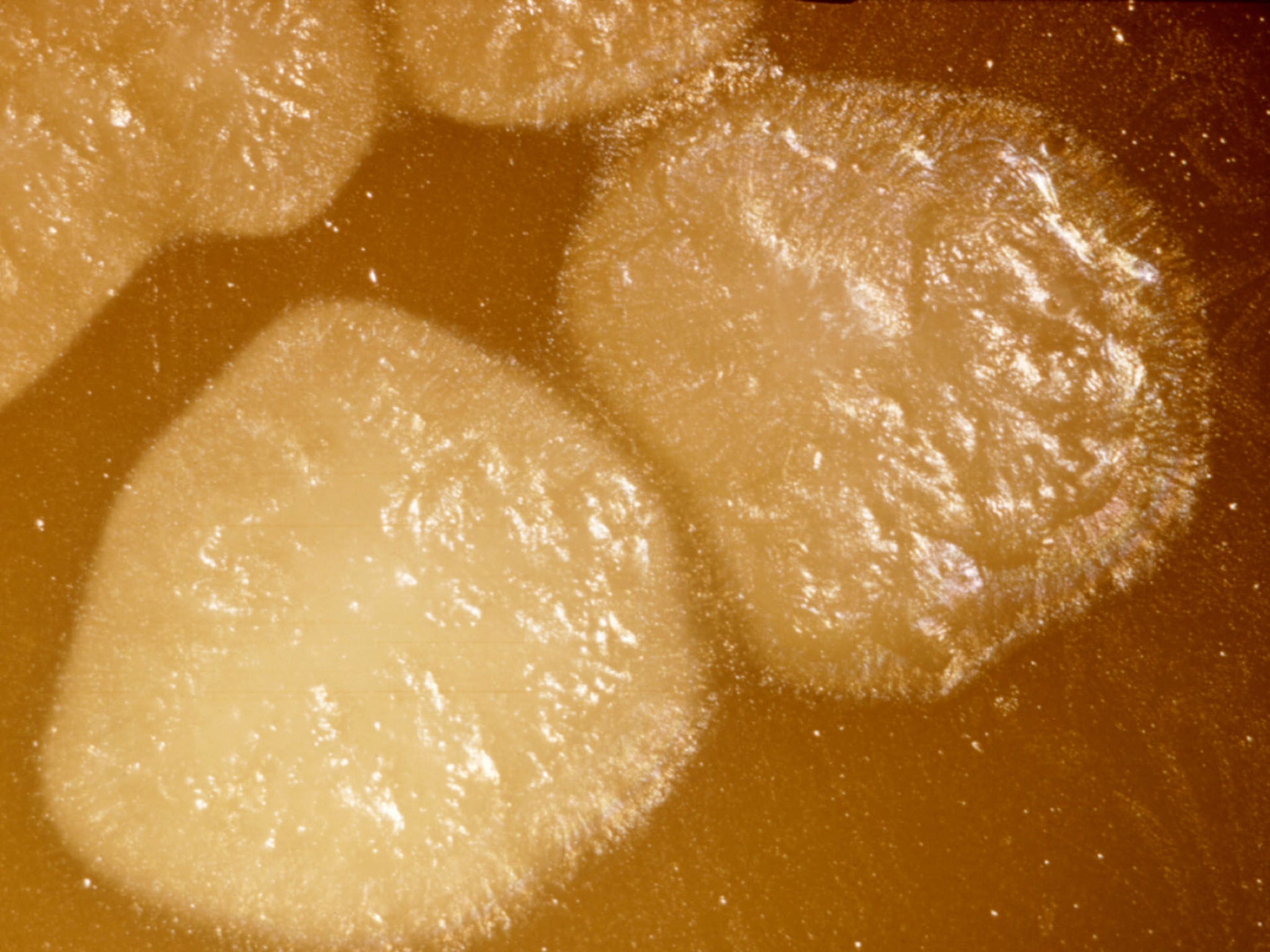New Zealand dairy giant finds botulism-causing bacteria in products exported worldwide
Government announces that contaminated whey protein has entered products distributed to eight customers

Your support helps us to tell the story
From reproductive rights to climate change to Big Tech, The Independent is on the ground when the story is developing. Whether it's investigating the financials of Elon Musk's pro-Trump PAC or producing our latest documentary, 'The A Word', which shines a light on the American women fighting for reproductive rights, we know how important it is to parse out the facts from the messaging.
At such a critical moment in US history, we need reporters on the ground. Your donation allows us to keep sending journalists to speak to both sides of the story.
The Independent is trusted by Americans across the entire political spectrum. And unlike many other quality news outlets, we choose not to lock Americans out of our reporting and analysis with paywalls. We believe quality journalism should be available to everyone, paid for by those who can afford it.
Your support makes all the difference.New Zealand's Fonterra, one of the world's largest dairy exporters, has said that it has discovered a bacteria which can cause botulism in some of its dairy products.
The Ministry of Primary Industries [MPI] said a contaminated whey protein concentrate, or products using the ingredient, had been exported to Australia, China, Malaysia, Saudi Arabia, Thailand and Vietnam, prompting China to issue a recall of affected products.
New Zealand authorities said they are now holding back some widely used infant formula products from supermarket shelves.
Fonterra said it had sold New Zealand-made whey protein concentrate contaminated with Clostridium Botulinum to eight customers, including food and beverage companies and animal stock feed firms, for possible use in infant formula, body building powder, and other products.
Clostridium Botulinum is often found in soil and may have entered because of an unsanitary pipe at a processing plant.
The bacteria can cause botulism, a potentially fatal disease which affects the muscles and can cause respiratory problems. Infant botulism can attack the intestinal system.
China, which imports the majority of its milk powder from New Zealand, asked domestic importers to recall any products which may have been contaminated by the bacteria, and ramped up scrutiny of New Zealand dairy products coming into the country.
Fonterra said that it was the responsibility of companies to announce recalls, adding that none had done so yet. It refused to comment on the level of contamination found in the whey protein product.
“At this stage, no product recalls have been announced,” Fonterra said in a statement. None of its own branded products were affected, it added.
It also said that of the eight companies affected, three were food companies, two were beverage companies and three manufactured animal stock feed.
China's product safety agency said it had asked New Zealand to take immediate measures to “prevent the products in question from harming the health of Chinese consumers”.
“The administration has also asked importers to immediately recall any possibly contaminated products and has required all local quarantine and inspection bodies to further strengthen inspection and supervision of New Zealand dairy products exported to China,” the General Administration of Quality Supervision, Inspection and Quarantine said in a statement.
The MPI said five batches of Karicare formula manufactured in New Zealand for babies aged six months and older were produced using the contaminated product.
Karicare, a popular brand in China, is made by Nutricia, which operates in New Zealand, and supplied by Fonterra.
The MPI said it had been informed by Nutricia that one batch was on a ship, another was in storage in Australia and the remaining three were being stored in a warehouse in New Zealand.
All of these products would be held back from the market and the MPI advised against using them.
“Since the levels necessary to cause illness are small, our focus now is on establishing whether any product available in markets is affected at all,” an MPI spokesman told Reuters.
Fonterra is a big supplier of wholesale milk powder to Chinese dairy firms and also supplies multinational food and beverage companies.
It said there had been no reports of any illness linked to the affected whey protein, and that fresh milk, yoghurt, cheese, spreads and UHT milk products were not affected.
The company said that Fonterra CEO Theo Spierings would travel to China from Europe at the weekend to discuss the issue.
The announcement comes as China has started to tighten dairy import regulations to improve overall food safety standards. In recent weeks, Beijing has introduced regulations restricting the operations of smaller infant formula brands.
This is the second dairy contamination issue involving New Zealand's largest company this year. In January, Fonterra said it had found traces of dicyandiamde, a potentially toxic chemical used in fertiliser, in some of its products.
The announcement also comes as Fonterra prepares to launch its own branded milk formula in China, five years after its involvement in a 2008 scandal in which melamine-tainted infant formula killed at least six and made thousands ill.
While Fonterra is a major supplier of bulk milk powder products used in formula in China, it has stayed out of the branded space after the melamine incident. It had held a stake in Chinese dairy company Sanlu, which collapsed after it was discovered to have added melamine to bulk up formulas in 2008.
Additional reporting by Reuters
Join our commenting forum
Join thought-provoking conversations, follow other Independent readers and see their replies
Comments